Tag: Transformer
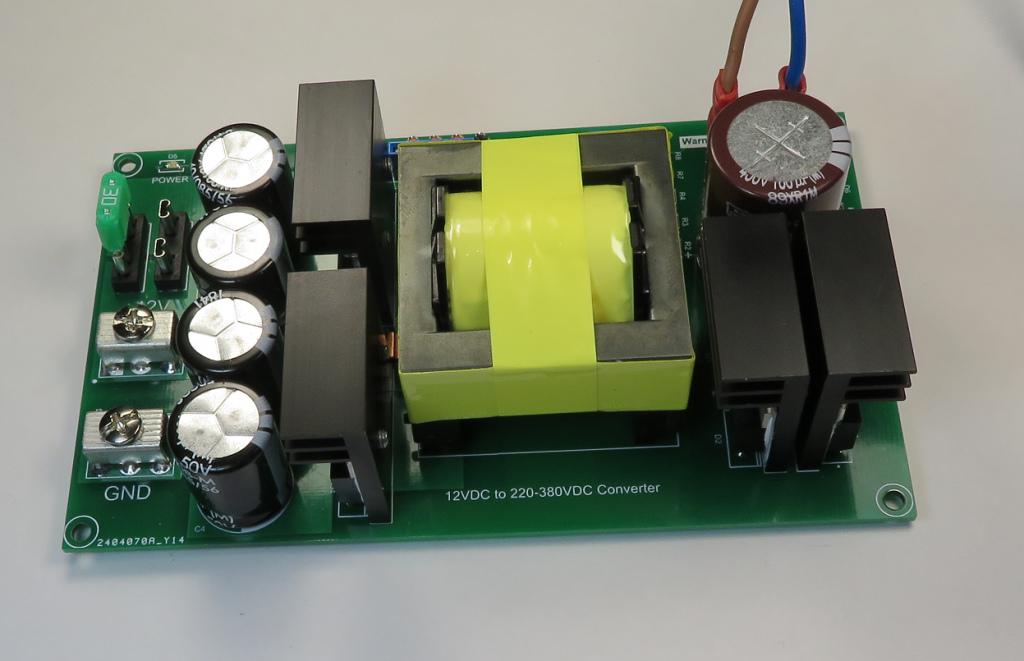
12VDC to 220-380VDC Converter
When powering many appliances from a sine wave inverter, the HV DC is converted to AC only to be rectified back to DC in the appliance. This inverter eliminates the SPWM stage and outputs DC only. This DC can be used to power appliances, or as a HV DC source for your SPWM, variable...
Continue Reading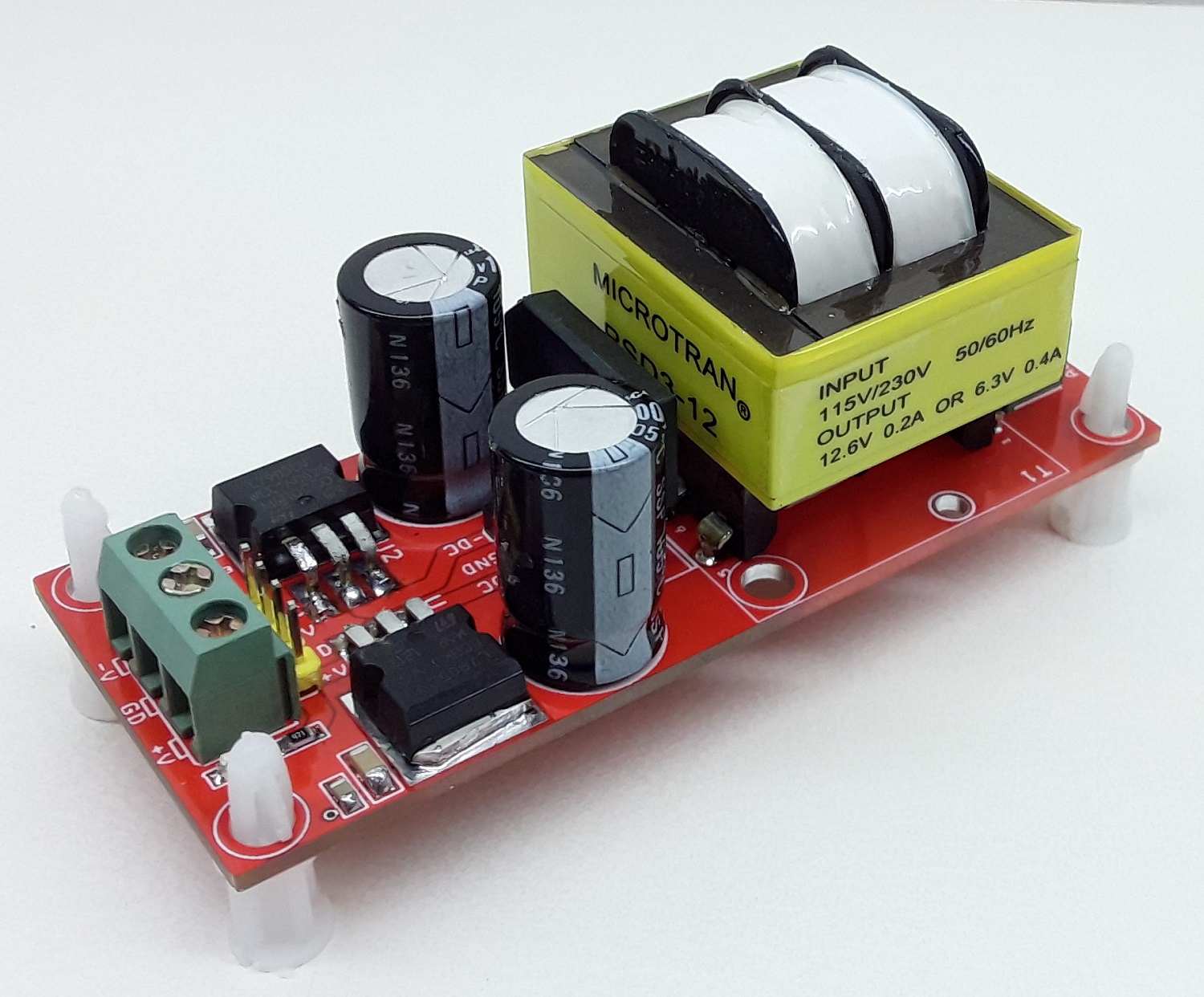
Dual +5 V/-5V @ 200 mA Regulated Linear Power Supply
The project presented here is a dual AC to DC output linear power supply. This power supply provides low ripple low noise DC regulated output. Usually, transformer-based linear power supplies are considered very bulky and inefficient, but this power supply still is very important for...
Continue Reading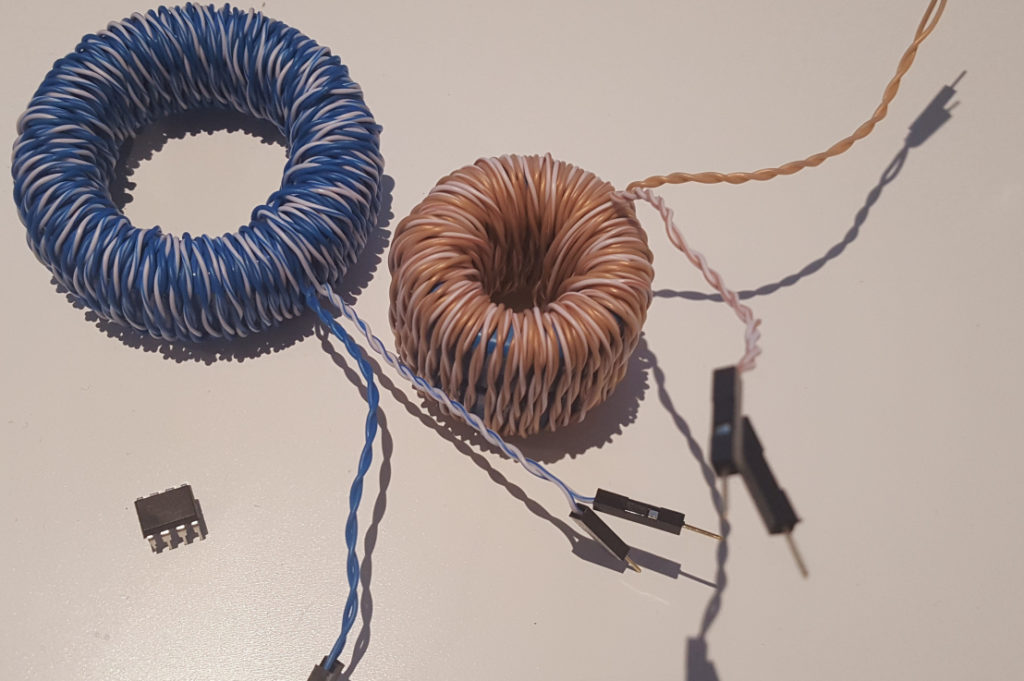
Homemade Injection Transformer for PSU Loop Analysis
Adil Malik build his own injection transformer to test switchmode power supplies in his lab. He writes: Recently, I have been designing some SMPS and required some hardware to measure the actual loop response of the complete converters. People familiar with this area will probably know...
Continue Reading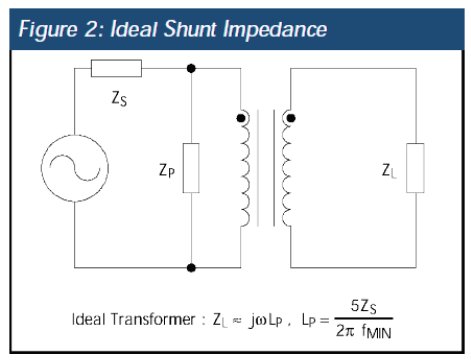
App note: Transformers
All about transformers and its different uses in this application note from Murata. App note: Transformers -...
Continue Reading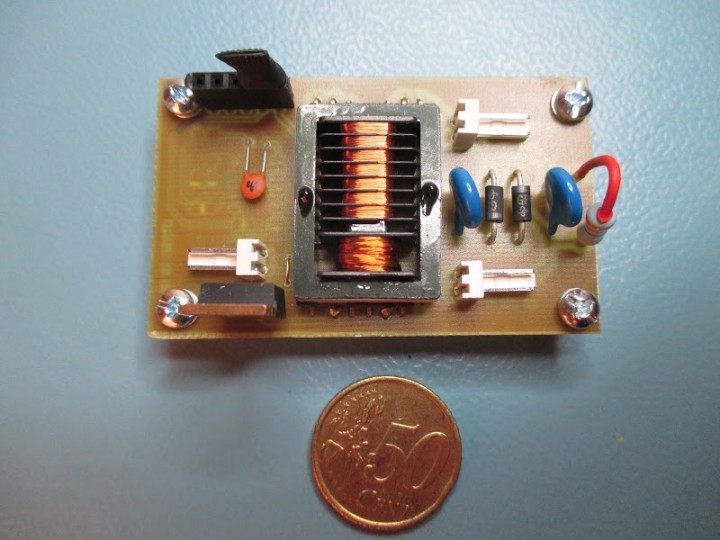
9V to 1kV DC/DC converter
Bob tipped us with his latest project, it's a 9V to 1kV DC-DC converter using CD4011 IC to produce a square wave and a IRF530 transistor to drive the transformer. Finally, I have made a new high voltage supply based on an inverter transformer and voltage doubler. It seems to be ok...
Continue Reading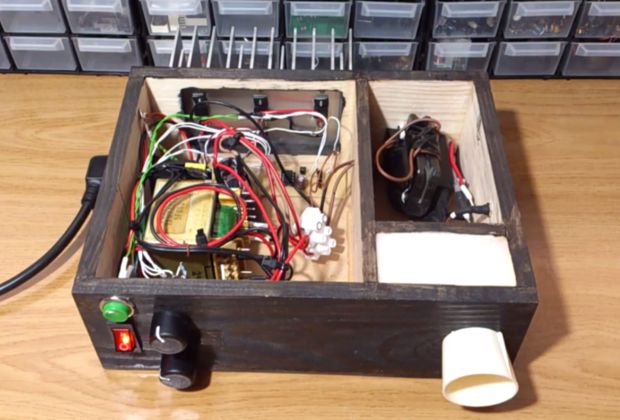
50,000V High Voltage Power Supply
by Victor8o5 @ instructables.com: This high voltage power supply has been designed to output a fixed voltage of around 50kV, it could easily be converted to an adjustable supply by connecting a variac in case of using transformers or by adding some extra circuitry to regulate the...
Continue Reading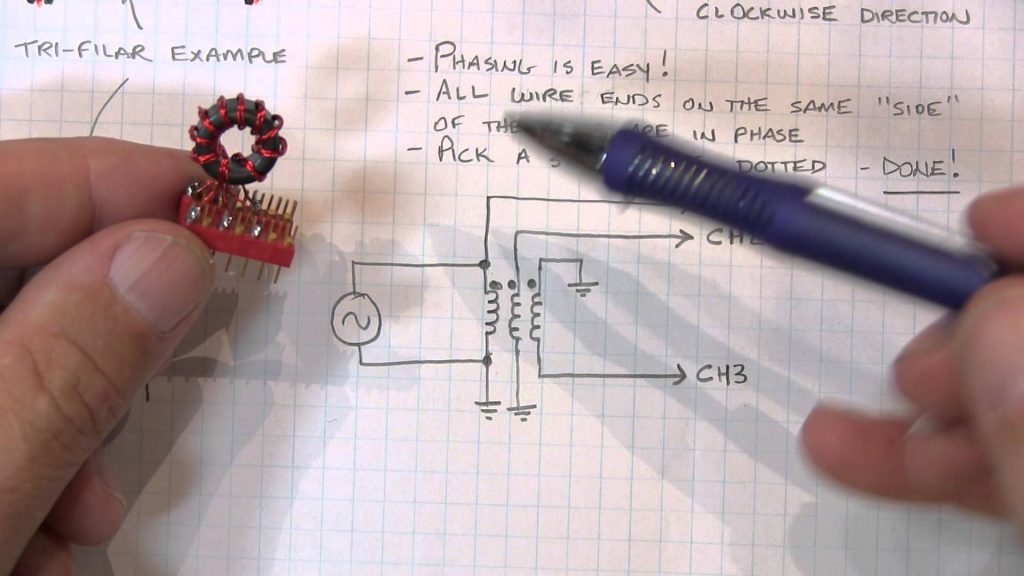
Basics of Phase Dots on Transformer Windings
This video describes what the "phase dots" are that you often see adjacent to windings of a transformer. It discusses how these dots are used in certain circuits to establish a desired phase relationship between the signals on the various windings. A couple of tips are given regarding...
Continue Reading











